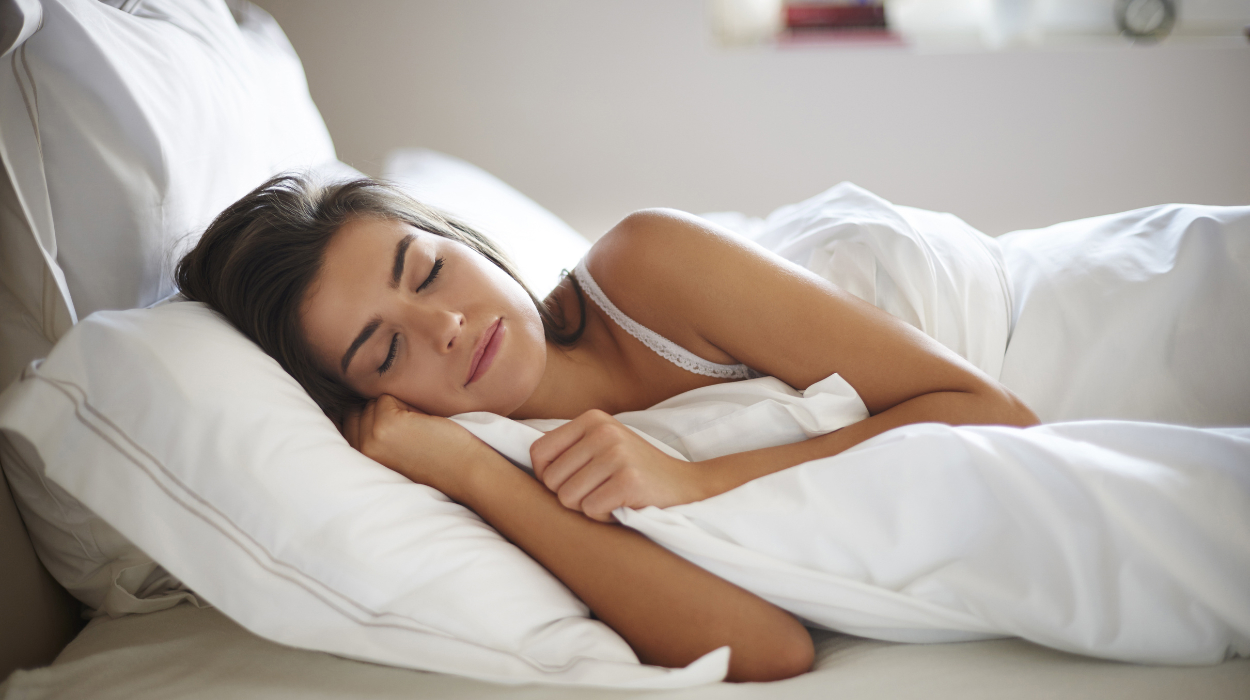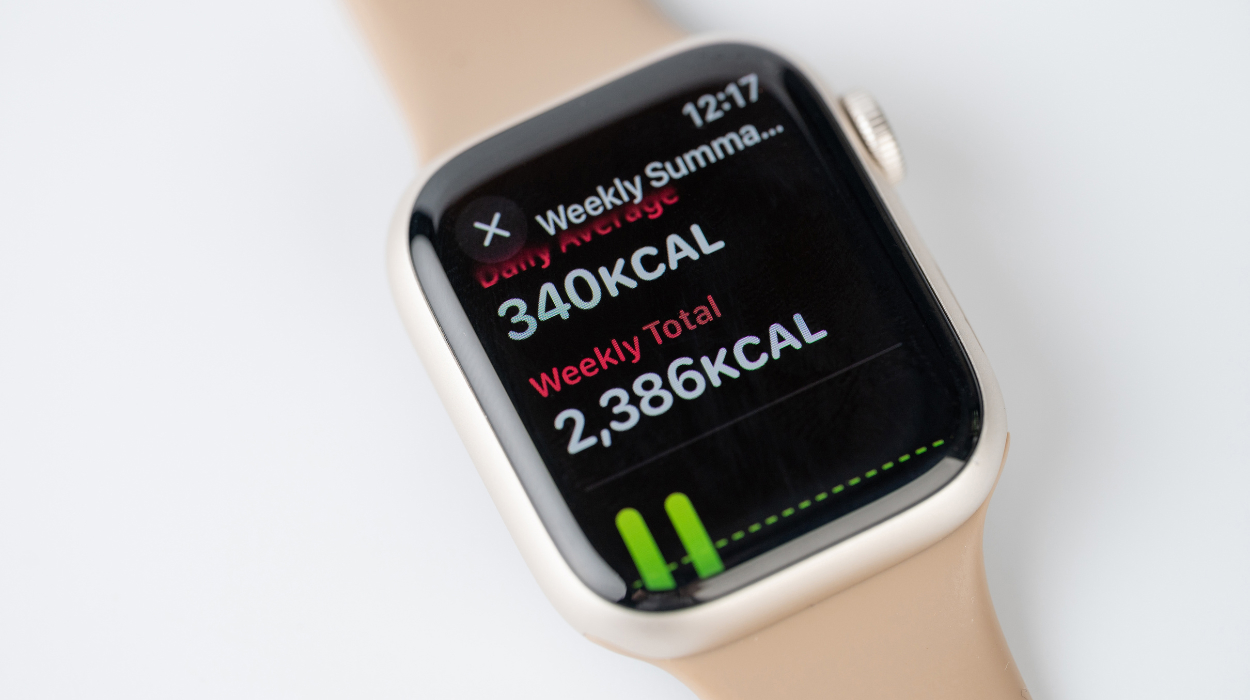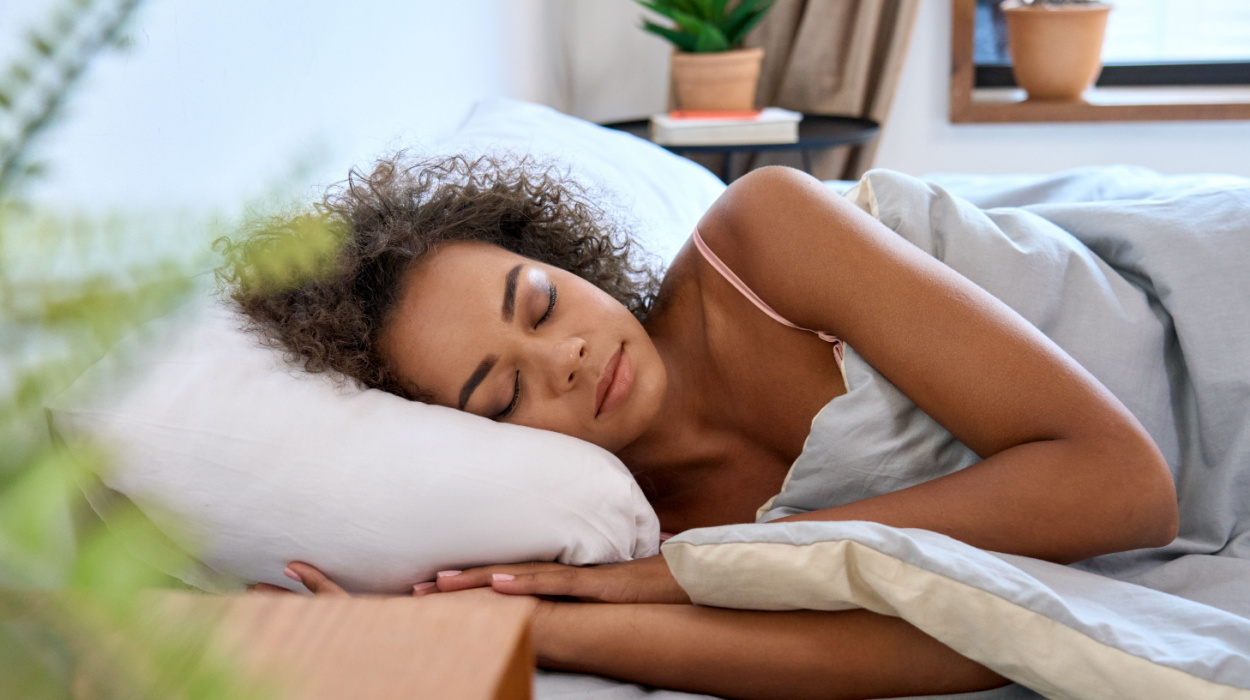Do you burn calories in your sleep? This is a question you are likely to want answered as a person trying to lose some weight. After all, exercise can be a tiresome way of burning some calories.
Unbelievably, your body sheds off some calories whenever you sleep. That being the case, how many calories do you burn while sleeping? Compared to exercise, sleep helps burn fewer calories. As for the exact number of calories you burn while sleeping, you will learn about that later in this article.
Before going into details about the relationship between sleep and resting metabolic rate, you shouldn’t rely on sleep as the sole way of burning calories. You will achieve prolonged results by including diet and exercise. That said, we can now begin by answering the question, how many calories do you burn in sleep?
How Many Calories Do You Burn When You Sleep?
The exact amount of calories you burn while sleeping depends on an interplay of various factors.
An average person can burn 50 calories an hour while sleeping. However, people have different personal basal metabolic rates. This refers to the energy required to run essential body functions such as circulation, breathing, regulating body temperature, cellular generation, and repair, among others.
The basal metabolic rate depends on factors like sleep duration, weight, gender, age, diet, exercise, and other variables.
How Many Calories Do You Burn While Sleeping?

On average, adults burn around 45-55 calories per hour while sleeping just from their resting metabolic rate. Experts agree that 8 hours of sleep[1] is necessary for adults to enjoy sleep benefits.
Therefore, you may ask, how many calories do you burn sleeping for 8 hours? Your calorie burn will be around 360-440 calories. If you burn this amount daily, you will lose weight with time. However, if you want quick results within a week, you must create a calorie deficit.
Factors That Can Affect How Many Calories You Burn
How many calories do you burn in your sleep? This question has no definitive answer because every person burns a different amount of calories depending on their basal metabolic rate.
According to scientific evidence,[2] resting metabolic rate represents the amount of energy required to perform the most basic functions of the body while you’re resting. These functions may include breathing, circulation, digestion, heartbeat, communication with the nervous system, cellular growth and repair, and more.
In most people, BMR accounts for 60% to 75% of total calories[2] burned daily. When you’re sleeping, an average person burns 15% fewer calories than the BMR during the day. However, this figure may vary from one person to another due to several factors.
One such factor is bodyweight plus body composition. The larger a person, the more calories they will require to function properly. Heavier people burn more calories because their bodies require more energy to maintain essential bodily functions.
A person with more muscle mass burns more calories than someone with the same weight category but with less muscle. That is because muscles require more energy for their maintenance.
Moreover, muscles help in regulating insulin sensitivity.[3] The muscular person will enjoy better blood sugar regulation and energy utilization thanks to improved insulin sensitivity. Both steps cause calories to burn quickly.
Physical activity[4] is another factor that affects how fast your body burns calories. A person who doesn’t exercise will burn calories more slowly than another who exercises. To burn calories by exercising, you don’t need to sign up for a gym membership.
You could always do some cardio exercises. How much cardio should you do? Experts recommend at least 150 minutes of moderate-intensity exercise or 75 minutes of vigorous exercise per week.
Age also determines your basal metabolic rate. As you grow older, your body begins to burn calories more slowly. That is because as people age, their muscle mass decreases. With less muscle mass, they will require less energy to maintain their muscles.
Also, older people burn less calories because they tend to be less physically active than younger people. With less exercise, it is understandable why they can’t burn calories quickly.
And sleep deprivation is related to a higher body mass index.[5]
How To Calculate Your Calories Burned While Sleeping

At this point, we have an idea to correctly answer the question, how many calories do you burn when you sleep? Indeed, we mentioned that adults lose about 50 calories, but how would we know that?
To calculate your BMR, you can use the following formula by Harris-Benedict:[6]
- In men, BMR=66.4730 + 13.7516 x weight in kg + 5.0033 x height in cm – 6.7550 x age in years.
- In women, BMR=655.0955 + 9.5634 x weight in kg + 1.8496 x height in cm – 4.6756 x age in years.
Results show the BMR over a 24-hour period. To calculate the hourly BMR when sleeping, divide the preceding figure by 24, and then multiply the result by 0.85 to account for the reduced metabolic rate while sleeping.
Alternatively, there are various calorie calculators on the internet that you can use.
The calculator will ask you to fill in details such as hours slept and weight. Luckily, you don’t need to know any calorie formula to calculate the calories you burn while sleeping.
You can also calculate your calories using calorie tracker apps or devices.[7] An example of a device you can get is a smartwatch. Once you get it, you must download its corresponding application. When you go to bed, wear this watch until you get up.
Smartwatches have an accelerometer to detect your movements. The accelerometer can detect periods of stillness and slight movements. Next, the watches have heart rate monitoring sensors that monitor your heart rate as you sleep. By measuring heart rate, the smartwatch can estimate your sleep stages.
How To Burn More Calories While You Sleep
If you want to increase the amount of calories you burn while sleeping, it is paramount to increase your basal metabolic rate. Some tips to boost your metabolism include:
- Eating right – Don’t skip any meals and make sure you add fat-burning ingredients like protein at every meal
- Exercising regularly – incorporate both cardio and strength training exercises to create lean muscle mass.
- Getting adequate sleep every night – Inadequate sleep can affect your decision-making ability and contributes to unhealthy night snacking.
On the other hand, if you want to lose weight, it is better to take action rather than waiting to burn fat during sleep. If your goal is to burn some calories through sleep, you must identify what kind of body weight gain you have.
For instance, some people become fat due to water weight. This weight occurs when your body temporarily retains excess fluids in the body. Ironically, to get rid of extra fluids, you must drink water to flush them out. Also, you can avoid water weight by reducing your sodium intake. That means you should avoid overeating fast foods or salty snacks.
Conversely, others need to know how to get rid of hormonal bellies. For this kind of weight, you must manage it by improving your lifestyle.
You can do that by including fiber in your diet. Fiber increases satiety, which means you will reduce belly weight by eating fewer calories. Also, it regulates blood sugar levels, which reduces sugar cravings.
Some people burn calories by excluding carbohydrates from their diet. However, you should know that certain carbs aid in weight loss while others don’t. To burn calories, you must consume carbs high in fiber, such as whole grains, legumes, fruits, and vegetables.
Other Health Benefits Of Sleep
So far, we have been focusing on the role of sleep in burning calories. However, there are other benefits of sleep you should know about so that you always avoid sleep deprivation.
First, sleep supports and strengthens our immune system. It does that by increasing the number of immune cells e.g., T cells,[8] which play a role in recognizing and eliminating pathogens. Sleep also supports the production of antibodies, which also kill disease-causing agents.
Another benefit of sleep is in supporting cognitive function. During sleep, your brain strengthens memories by transferring information from short-term to long-term memory storage. This process is vital because it enables you to learn and retain information. Still on cognition, it helps in enhancing your creativity. During the rapid eye movement or REM phase, the brain connects different pieces of information. This process of strengthening creativity is known as associative thinking.
Lastly, sleep is instrumental in maintaining cardiovascular health. One way it does that is by regulating blood pressure.[9] When you sleep, your blood pressure decreases, allowing your cardiovascular system to rest. As a result, getting enough sleep prevents you from getting hypertension.
Still on cardiovascular health, sleep reduces systemic inflammation[10] in the body. The condition occurs when the immune system continually defends the body from attacks through an inflammatory response. If it persists, you may get depression, heart disease, cancer, and arthritis. Therefore, sleep prevents you from contracting these diseases.[11]
Conclusion
Does sleeping burn calories? Yes, it does. The only drawback is that sleep burns less calories than you hope. However, its results vary from individual to individual[12] based on weight, age, and muscle mass.
Now that you know sleep helps to burn some calories, the other question you may still have is, how many calories do you burn sleeping? Thankfully, advancements in technology over the years mean you can track your calorie levels by using a smartwatch.
If you are serious about burning calories, You should take action and incorporate exercise and a healthy diet into your lifestyle.
Frequently Asked Questions
You burn more calories awake than when you sleep. This is because you tend to engage in many activities that can hasten the process of burning calories unlike at night when you don’t engage in such activities.
Although sleep performs functions that burn calories e.g., breathing and repairing tissues, it can’t burn 1,000 calories. That is because when you are asleep, you don’t engage in much physical activity.
Water by itself doesn’t burn calories. However, it indirectly contributes to weight management and energy expenditure. For instance, water takes up space in the stomach, creating a feeling of fullness. As a result, you are likely to avoid unnecessary snacking.
One way you can speed up your metabolism is by building muscle. To build muscle, do squats, deadlifts, shoulder presses, pull-ups, and bench presses. You can also boost your metabolism through good sleep habits and regular hydration.
Although sleeping burns calories, sleeping longer hours is counterproductive in the long run. The more you sleep, the more inactive you become. Due to the absence of any physical activity, you won’t burn any significant calories.
 Evidence Based
Evidence Based
